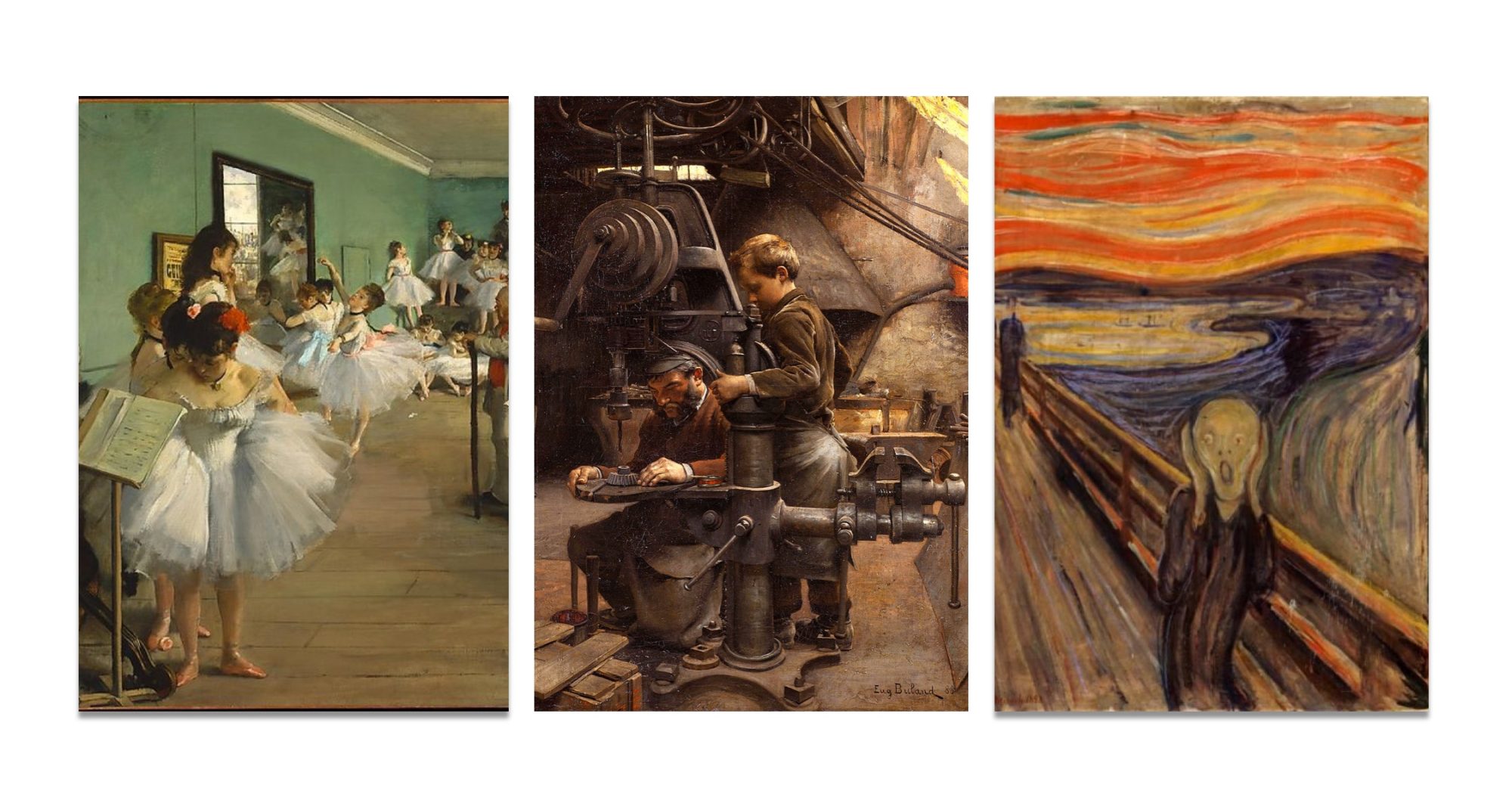FOREVER LILIES
“Jenny” by Dante Gabriel Rossetti is a poem about a man expressing sympathy toward a young prostitute as he observes her behavior. Jenny is compared the lily, which brings deep irony to her lifestyle as a prostitute.
Lilies are generally thought of as white. White is indicative of purity, which conflicts with Jenny’s profession as a prostitute. Prostitution has compromised the sanctity of her virginity, so she would be considered deeply impure, especially in the Victorian era where prudence was expected and respected. However, brothels seem to be slightly popular at this time as well. The lily is also recognized as the symbol for the resurrection of Jesus three days after his death and the flower of the Virgin Mary. Because of the religious symbolism and connotation of the lily, it is often used during Easter, the celebration of the resurrection.
These representations also clearly contradict Jenny’s work and behavior, considering she is far from any aspect of religion or virginity. The poet asks, “What, Jenny, are your lilies dead?” This suggests that her purity has died and disappeared with the time she has spent as a prostitute. Her petals have all wilted and the “snow-white leaves” are now gone and lost forever.
The ironic use of the lily is important in “Jenny” because it allows the reader to realize and emphasize Jenny’s sins and moral corruption. The contrast created by the irony also brings attention to the expectations of women. Women are many times expected to be pure, yet somehow, they are also expected to be sexual objects. These two traits are not cohesive. Modern women have many expectations to live up to, but to be entirely impure as well as sexually available simultaneously is an impossibility. Generally, women all over the world from the Victorian age to the modern age are still supposed to be the lily, the symbol of purity and respectability, despite the pressure from men to be otherwise.
~ J.W.
